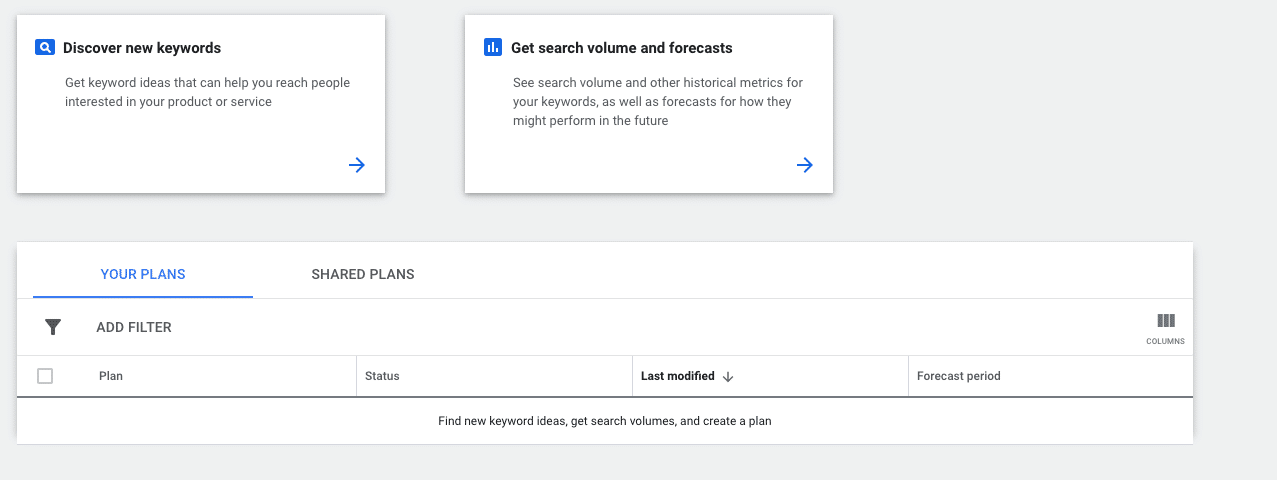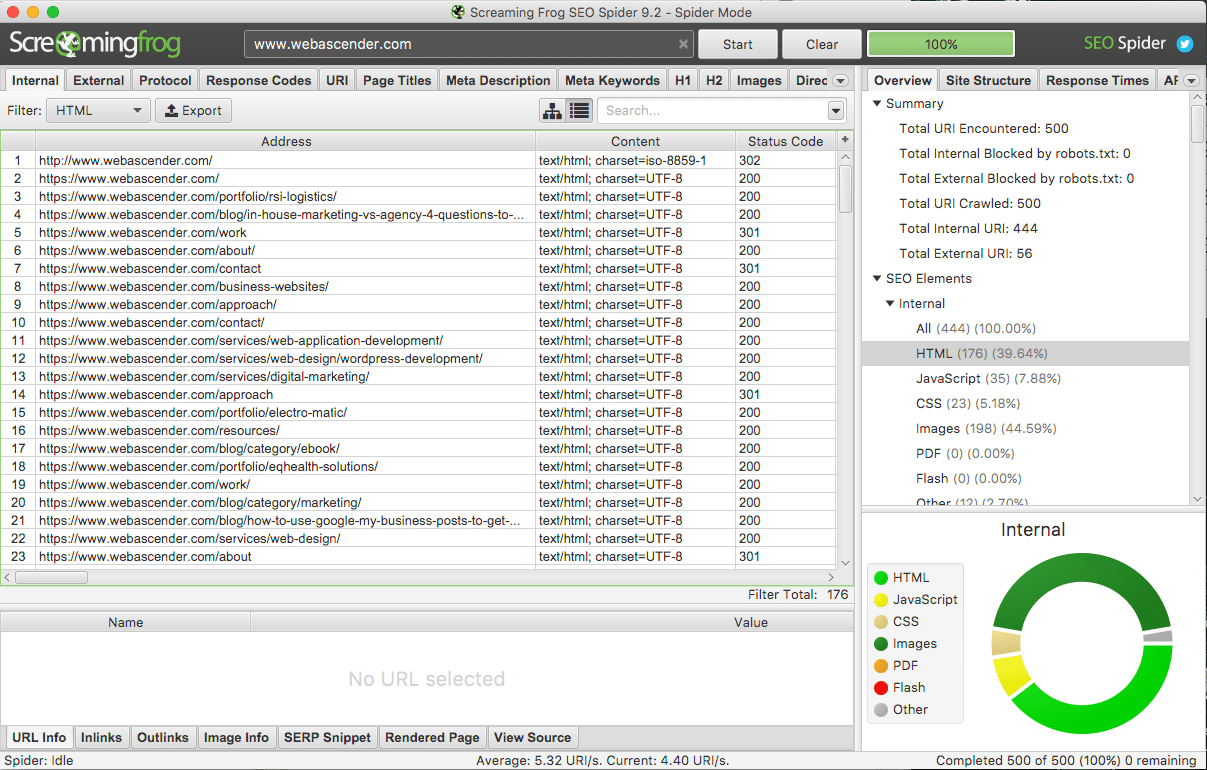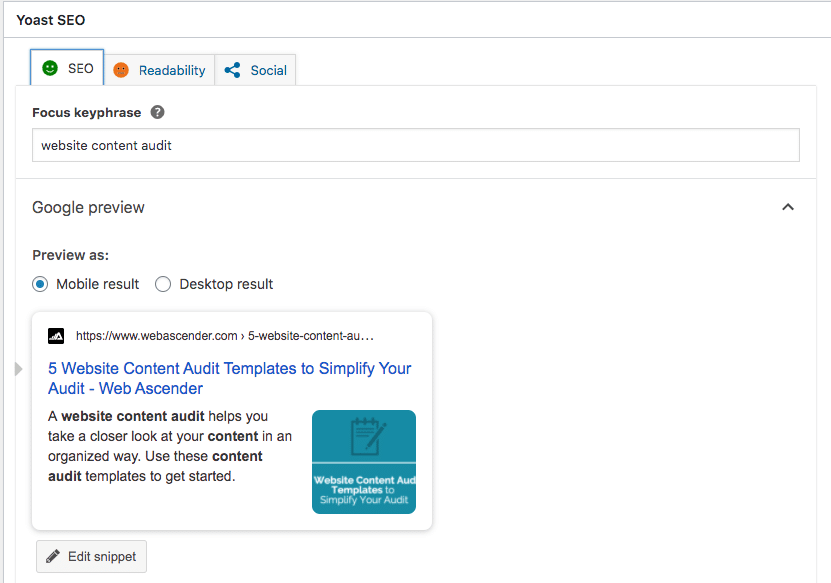
Search engine optimization (SEO) is an important part of how your content ranks on Google. Utilizing SEO strategies can help to improve your content’s rank on Google, making it easier for potential customers and leads to find. In order to improve your SEO, you need to know what’s working and what isn’t. A number of tools can help you measure SEO performance, so you can maintain and improve your ranks on Google.
12 Tools to Help Measure SEO Performance
Google doesn’t rely on just one factor to determine which content appears when a user enters a search. There are many different factors at work, some which aren’t publicly known. The tools to measure SEO performance will track one or multiple SEO factors that are known to be an important part of Google’s algorithm. These include; keywords, keyword density, backlinks, page load speed, page errors, meta data, and many more. Some of these tools can help you measure SEO performance using just one metric, like backlinks, and others will track multiple metrics at one time. Some of these tools are free, and others charge a monthly fee.
1. Google Keyword Planner

Google Keyword Planner is a great tool to start with.
Google Keyword Planner is a great way to start measuring SEO performance. This tool is a part of Google’s free suite of tools, many which we’ll cover in this list. This tool will help you take a closer look at keyword data and pick the right keywords for your content. You can see approximately how much monthly search volume a particular keyword gets, how competitive the keyword might be to rank for, whether volume changes seasonally, and you can see similar keywords which might be better. This is a great place to start before creating content, so you can make it easy for visitors to find.
Learn more about tools and strategies for improving and measuring SEO
Download the Ultimate Guide to Increasing Your Google Rankings »
2. Google Analytics

Google Analytics gives you a wide range of information to work with.
Google Analytics is another free tool you can use to measure SEO performance. This tool is especially useful for measuring performance over time. You’ll have access to a wide range of information about your site, including keywords, traffic sources, user demographics, conversions and many more. This is an essential tool for measuring your SEO performance, and your site performance in general.
3. Google Search Console
Your page load speed and other elements of your site’s functionality play an important role in SEO. If your site doesn’t load quickly, isn’t navigable, or has multiple errors, visitors aren’t going to stay on your site for long. Google Search Console is a Google tool that will point out these errors to you, so you can fix them and improve your search rank.
4. Incognito Mode
Incognito mode or private browsing is a good way to regularly measure SEO performance yourself. In a normal search, the results you see will be influenced by previous sites you’ve visited, terms you’ve searched, your location, and other things. Since you probably visit your site a lot to make sure everything’s working properly, your site will appear artificially high when you use a normal search. Incognito mode makes a search without influences from your search history, so you’ll get a better picture of where your site actually ranks when you enter a search.
5. SEMrush
SEMrush is an powerful paid tool to measure your SEO performance. SEMrush makes it easy to find, track, and utilize keywords, track your backlinks, and compare your SEO to your competitors. You can even get keyword reports to see if your site has gained or lost ranks on particular keywords. If you’re actively improving your SEO—or you simply want to maintain the position you have—this is a great way to continuously measure your efforts.
6. Screaming Frog SEO Spider

Screaming Frog SEO spider will crawl your entire site, or subfolders, and give you important SEO information about each page.
In some cases, you might measure your SEO performance continually with a reporting tool like the one mentioned above. In other cases, you might want to make a more thorough analysis after a longer time period. Screaming Frog SEO Spider is a free tool that you can use to crawl your site measure SEO performance for all or a subset of your pages. This tool is especially helpful for content audits, though it can be used for SEO check-ups as well.
7. Ahrefs
Ahrefs is a paid tool similar to the previously mentioned SEMrush. Ahrefs gives you extensive information on backlinks, keywords, page performance, and other important SEO data in one dashboard. This is a helpful tool for measuring SEO performance overtime or continuously. If one of your pages starts to lose its rank or you’re not targeting the keywords you should be, you can see this information on your Ahrefs dashboard.
8. Moz
Moz is another paid tool that will aggregate SEO information into one dashboard for you. Moz also provides a number of free tools you can use to check in on keywords and measure SEO performance. You can use these tools to see keyword data, backlinks, social sharing information, and more. For continuous tracking MozCast gives you day-to-day updates on your SEO performance. Moz’s Google Algorithm Update History can also help explain big shifts you might see in your SEO performance as Google changes their algorithm.
9. Raven
Raven is another paid tool tracking, monitoring, and measuring SEO performance on your website or sites. You can track your keywords, competitors, traffic, backlinks, social sharing and much more. Raven also makes it easy to organize reports or get email updates, so you can measure your SEO performance at varying intervals, or consistently through time.
10. BuzzSumo
BuzzSumo is a helpful tool for researching topics or improving your existing pages. This is a paid tool with some free usability for researching content topics, trends, keywords, sharing and more. This tool can give you a clearer picture of interests, questions, and search queries going on across your industry at large, as well as information about your competitors’ sites.
11. Hey Meta
Hey Meta is a free tool that allows you to quickly and easily check the meta information for a particular page. This tool will show you how the page appears when it’s shared, including a cover image, title, meta description and tags. Improving meta information is a good place to start making SEO improvements, is this tool helps you quickly see what you’re working with on any page.
12. Yoast

Yoast is a WordPress plugin that can help measure SEO performance while you work.
Yoast is a free WordPress plugin that can help you measure SEO performance as you’re working on your site. When you create a page or post, Yoast will analyze your SEO based on a keyword you specify. You can also take a look at metrics like readability and meta information. You can also specify a canonical URL, apply advanced meta robots settings, see how the page will look when it’s shared on social media, and more. This is a great tool to measure SEO performance as you go, so you don’t have to make so many changes or updates later on.
What tools you use to measure SEO performance will depend on which SEO factors you want to look at, how often, and how much you’re prepared to invest. Free tools can be helpful for looking at SEO factors individually, or taking a look after longer intervals, while paid SEO tools are better for continuous improvement. Whichever you choose, a good understanding of your SEO and strategies for improvement will help you to bring in more traffic and convert more leads and customers online.

